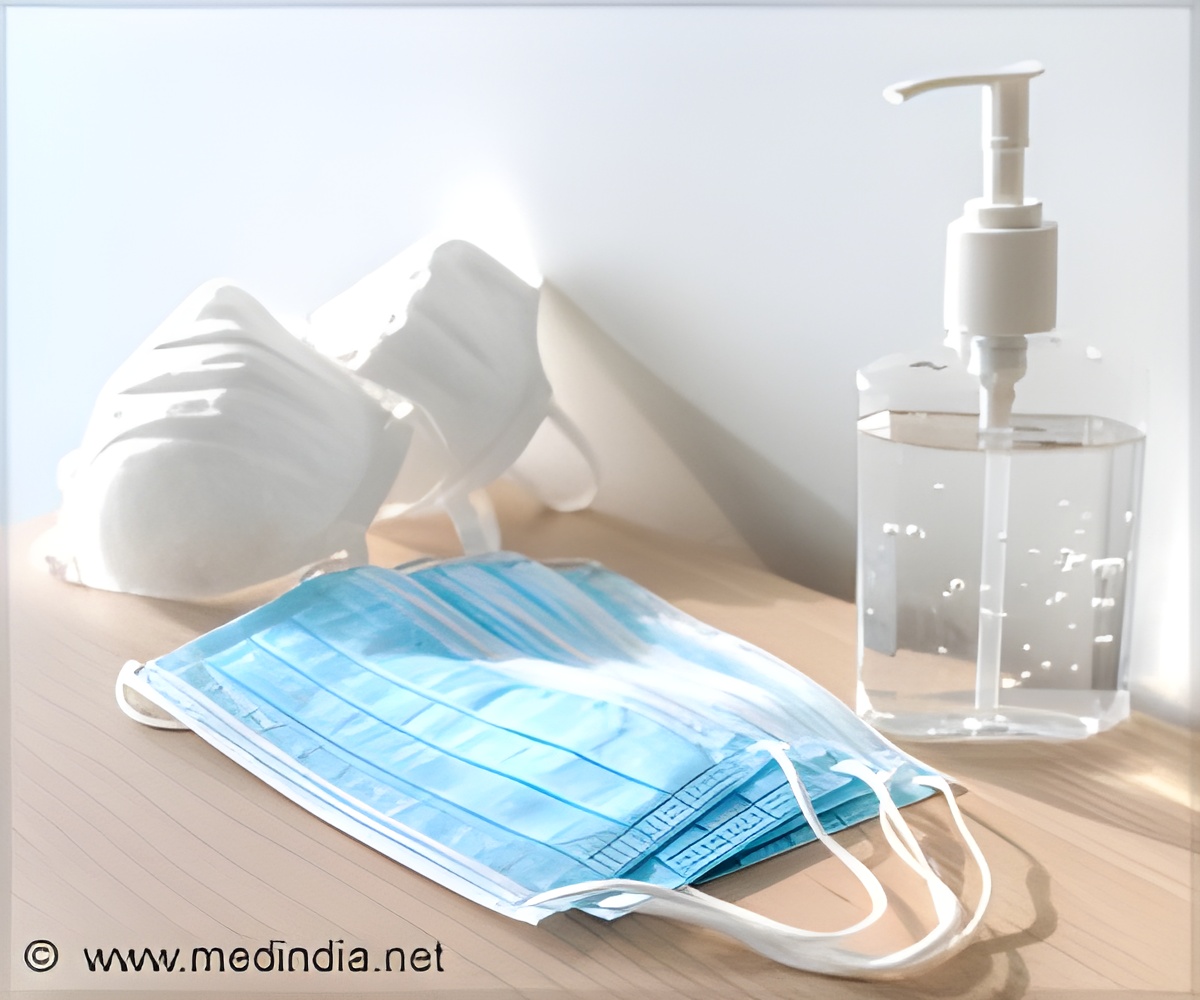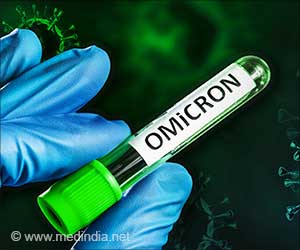
‘Almost half of U.S. health care facilities reported being nearly or entirely out of N95 respirator masks amid the COVID-19 pandemic.
’
Tweet it Now
"Our primary outcome is safety for the health care worker," said project leader and study co-author Andrew Pierce, MHSA, director of supply plus at Barnes-Jewish. "We want to make it safer for team members who are at risk while taking care of patients with a known or possible COVID-19 diagnosis." Their program uses a disinfecting procedure first tested by Duke University researchers in 2016.1. However, the Barnes-Jewish process has a unique modification--an identification system that enables the hospital to return the sanitized mask to the same individual each time, said senior author Shaina Eckhouse, MD, FACS, assistant professor of surgery at Washington University School of Medicine, St. Louis. Dr. Eckhouse is part of the multidisciplinary team of university and hospital staff who developed the disinfection program.
This approach, according to the authors, increased employee acceptance of reusing what is normally a single-use N95 mask and helped ensure proper fit of the returned mask.
During the COVID-19 pandemic, the Centers for Disease Control and Prevention has recommended strategies for conserving personal protective equipment, including decontamination and reuse of N95 masks.
In late March, before the program began, Barnes-Jewish had a low inventory of N95 masks--about a week's worth--and no expectations for replenishment because of international shortages in hospital supply chains, according to Mr. Pierce.
Advertisement
The disinfection process that has since been put into place begins at the end of a shift. A health care provider removes his or her N95 mask in that unit's soiled utility room and places it in a sterilization pouch (Crosstex) made of breathable polyethylene fiber (Tyvek by DuPont) on one side. On the other side of the sealed pouch, the worker writes his or her name or employee ID number, hospital, department, and unit location and puts the pouch in the soiled collection bin.
Advertisement
After 4.5 hours of disinfection, a worker moves the racks of masks to another area that has a fan to off-gas the hydrogen peroxide, where the masks stay until sensors record a zero reading. The pouches are returned to their respective units in a decontaminated bin, finishing a process that takes about seven hours, Mr. Pierce said.
Workers can wear their mask up to three weeks because past studies show that disinfection more than 20 times could alter the fit of the mask, he noted.
Since the program began April 1 in the Barnes-Jewish emergency department, it expanded in just two weeks to additional clinical departments and other hospitals in the system, which Mr. Pierce called "an immense achievement."
"A welcome improvement."
Currently, Mr. Pierce said they are disinfecting 240 N95 masks a day and have the capability of disinfecting 1,500 masks daily.
Without the disinfection program, he said the health care system would need to discard a substantial amount of its respirator masks. Because of the disinfection, the hospitals now have enough masks to last for weeks. "This program is a welcome improvement for extended usage of N95s during the shortage that we are facing," Mr. Pierce said.
Dr. Eckhouse said other hospitals facing mask shortages could reproduce the disinfection program if they bring together experts in environmental health and safety, medicine, and facility management. "Having the infrastructure already in place would improve the ease of deploying an N95 disinfection process," she stated.
Source-Eurekalert









